Stay Ahead of Setbacks: How AI-powered Proactive Risk Management Ensures Trial Success
Clinical trials are complex, costly, and come with high risks for both developers and participants. Agilisium leverages AI-powered insights to enhance trial efficiency, improve patient safety, and accelerate drug approvals. From remote patient monitoring for real-time data collection to customized clinical trial management systems, our intelligent solutions help mitigate risks, optimize workflows, and drive better health outcomes.
Before approval by regulatory authorities, drugs in development need to go through specific clinical trials, from small first-in-human studies to assess initial safety and dosage to larger trials that evaluate efficacy and adverse events. Clinical trials are costly, and embarking on the process is a risk for companies – the likelihood of approval for drugs entering clinical trials is 6.7%, and even entering Phase III, the largest and most expensive stage, and the stage where developers should be most confident, is just 55%.
There are risks to clinical trial participants as well. In March 2006, in a first-in-human clinical trial of TeGenero’s immunomodulatory drug TGN1412, six healthy volunteers receiving a subclinical dose of the drug were hospitalized with severe cytokine release syndrome and at least four developed multiple organ dysfunctions.
Clinical trial failures delay drugs from reaching the market, impacting patient access to life-saving treatments. Agilisium believes that by leveraging AI-driven insights to mitigate risks, clinical trials can increase success and patient safety, ultimately enhancing returns on investment and fueling further innovation in research and development.
Convenient and Accurate Data Collection
Not being able to recruit or retain enough participants affect around four in five clinical trials, leading to delays, lack of suitably diverse populations, and potentially, to clinical trial failure. This is driven, at least in part, by the accessibility of the clinical trial site and the frequency of site visits.
Remote patient monitoring uses wearable devices and portable medical devices to collect data in real time, for example respiratory rate, oxygen saturation, heart rate, temperature, blood glucose, blood pressure, fetal heart rate, lung capacity, weight, balance, gait, posture, and falls. Smart pill dispensers can track medication adherence. Patients can use computers, smartphones, or tablets to send in patient-reported outcomes (PROs) including disease status, symptoms, and adverse effects. The devices can automatically submit the data to the research teams, which means that trial participants do not need to visit the trial site as often, or even at all.
The remote monitoring approach can help to mitigate risk for both drug developers and participants. By reducing the clinical trial burden, participants are more likely to get involved in the study in the first place and then remain involved through to the end. By providing a real time or near real time data feed, the research team is kept up to date. This means that they will be aware of any challenges earlier, whether it is signs of serious adverse events, issues with data anomalies, indications that the therapeutic being studied is effective in specific patient populations, or suggestions that certain participants might need additional support to remain in the trial. Early warnings will allow the team to step in and make changes that protect patients and ensure that the trial produces the required data.
Embedding our Next Gen DLS into the data acquisition process from remote patient monitoring ensures that the data is accurate and helps to forecast the trial outcome, allows researchers to make decisions about the ongoing study.
Customizing Clinical Trial Management Systems
Clinical trials are complex. Larger studies can involve tens of clinical trial sites, hundreds of site staff, thousands of patients, and vast quantities of data, over weeks, months or even years. A clinical trial management system (CTMS) is a set of software tools that manage the clinical trials process from start to finish, streamlining workflows and improving trial oversight, even for the most complicated study.
CTMS customization allows research teams to develop and modify workflows to align with specific trial protocols, and automatically ensure that the regulatory requirements are met, with real-time visibility of trial progress and outcomes, which can have a real impact on mitigating the risk of the study. Agilisium’s Insights Generation Agent provides real-time insights into the trial process in the form of actionable summaries.
Accelerating Access to Effective Therapies for Patients
At Agilisium, we believe proactive risk management is essential for making clinical trials more efficient, cost-effective, and patient-centric. By embedding our AI-driven insights generation capabilities into trial processes, potential risks can be identified early, ensuring data integrity, regulatory compliance, and patient safety. With this intelligent approach, we help accelerate the delivery of life-changing therapeutics, ensuring they reach the right patients faster and drive better health outcomes.
To find out more, visit www.agilisium.com or send us an email at sales@agilisium.com.




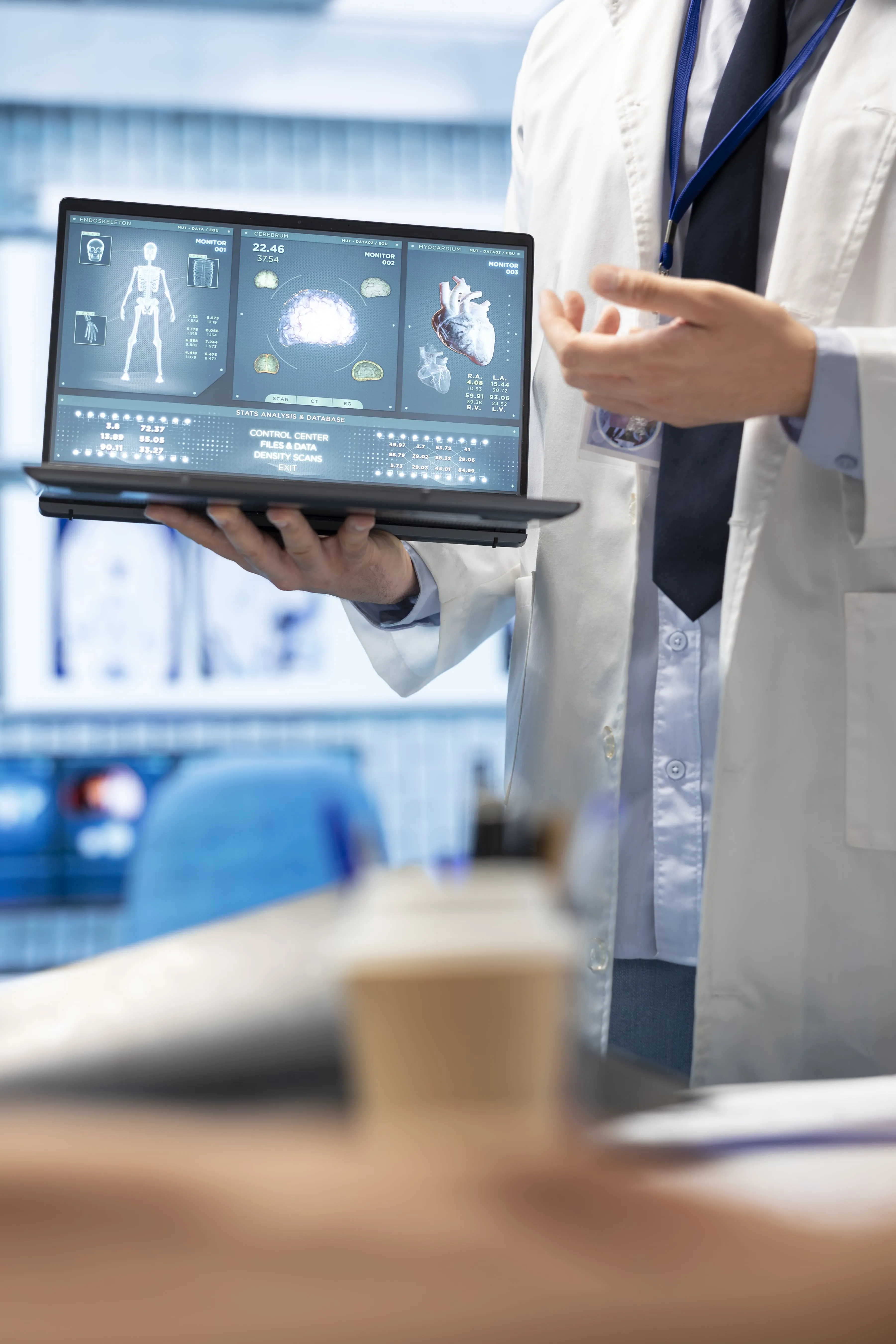
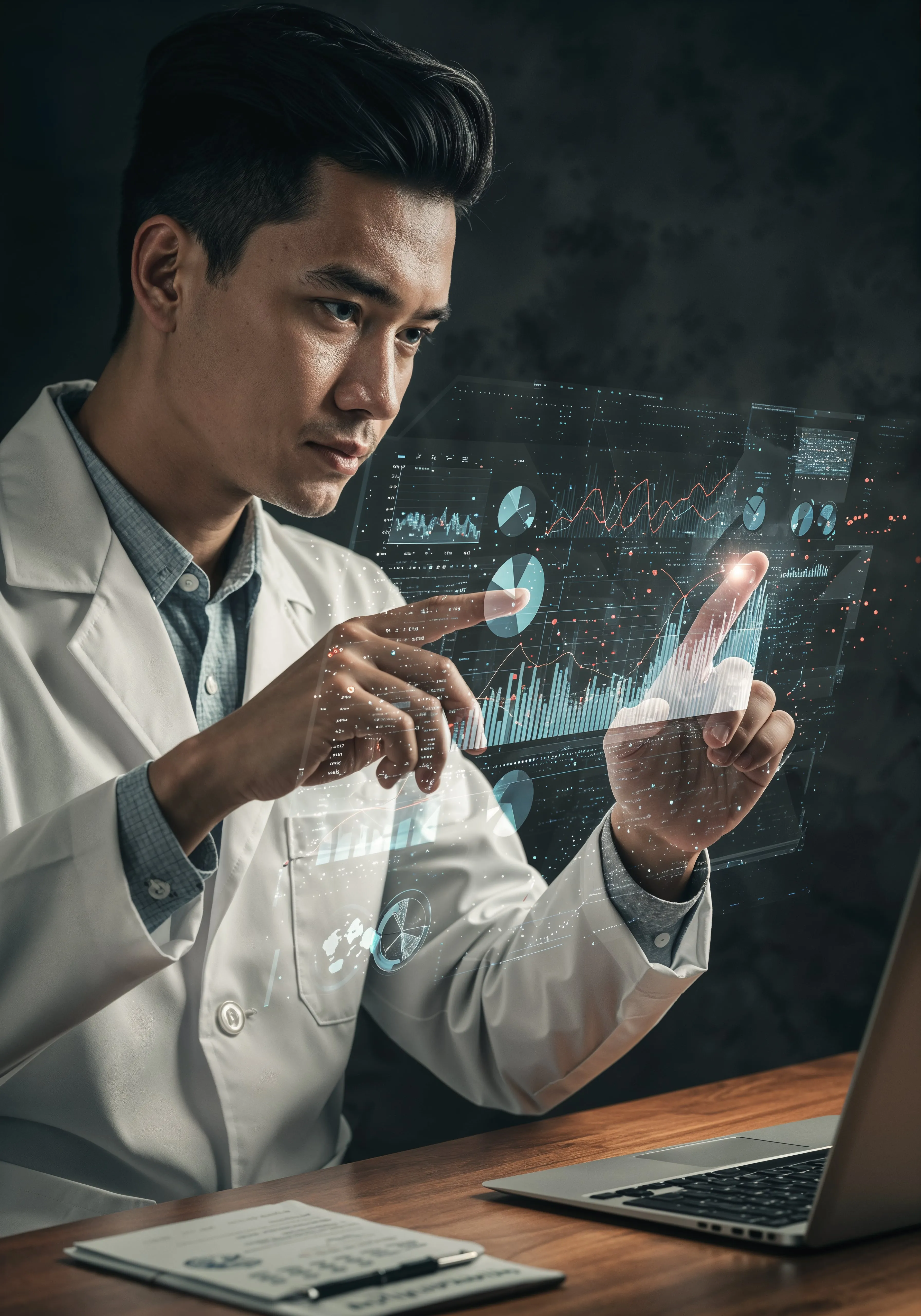





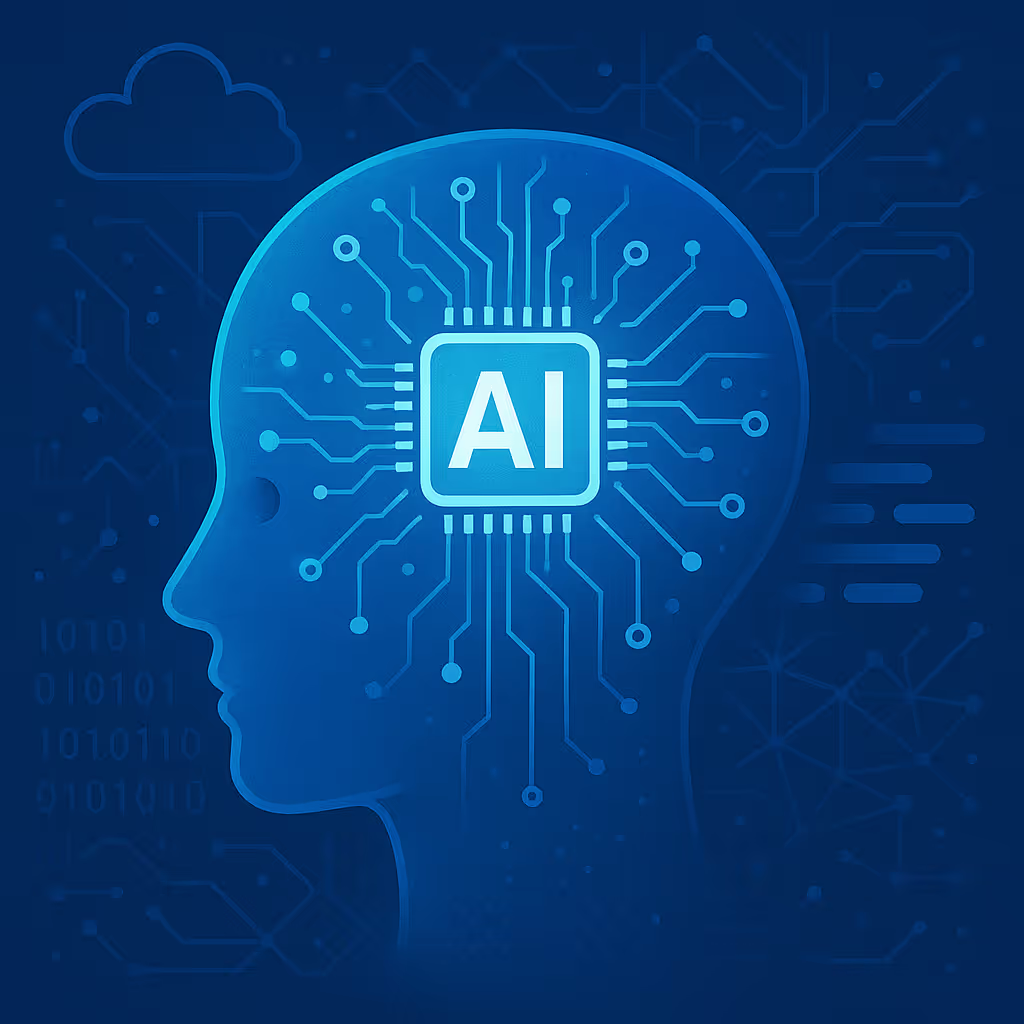

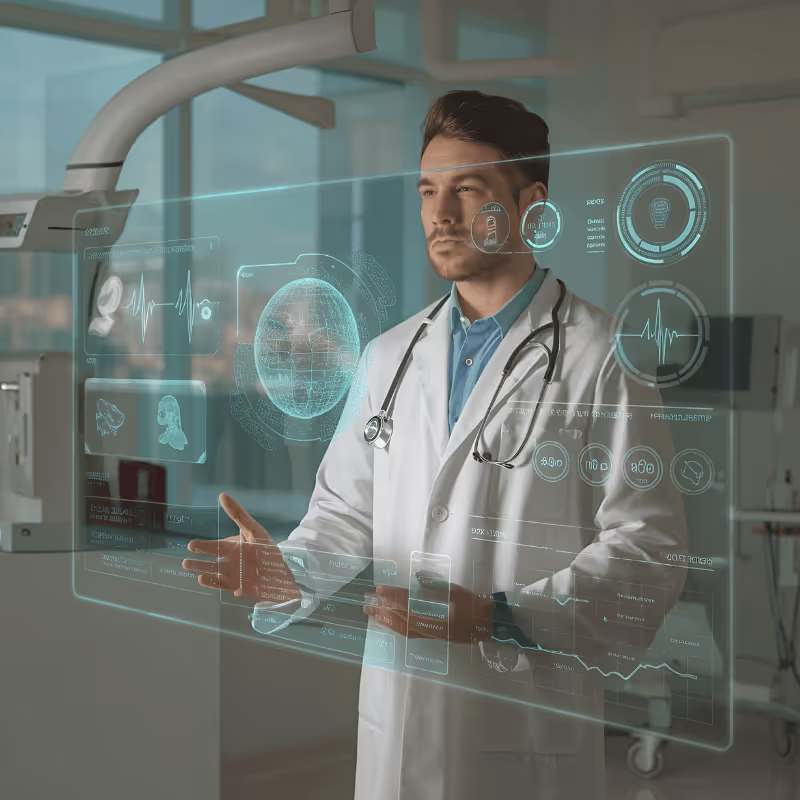
%20(7).avif)
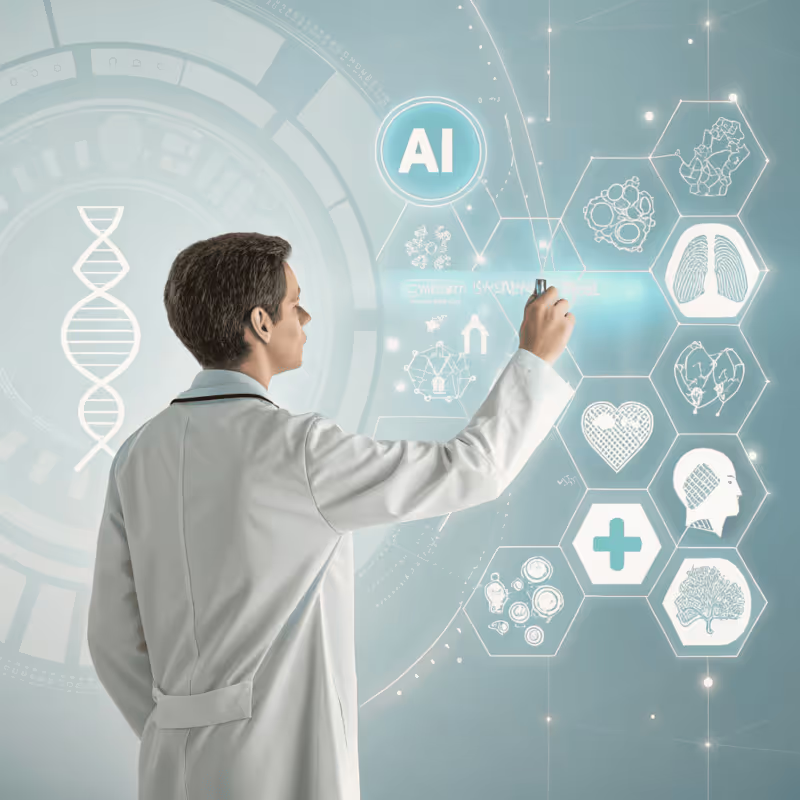

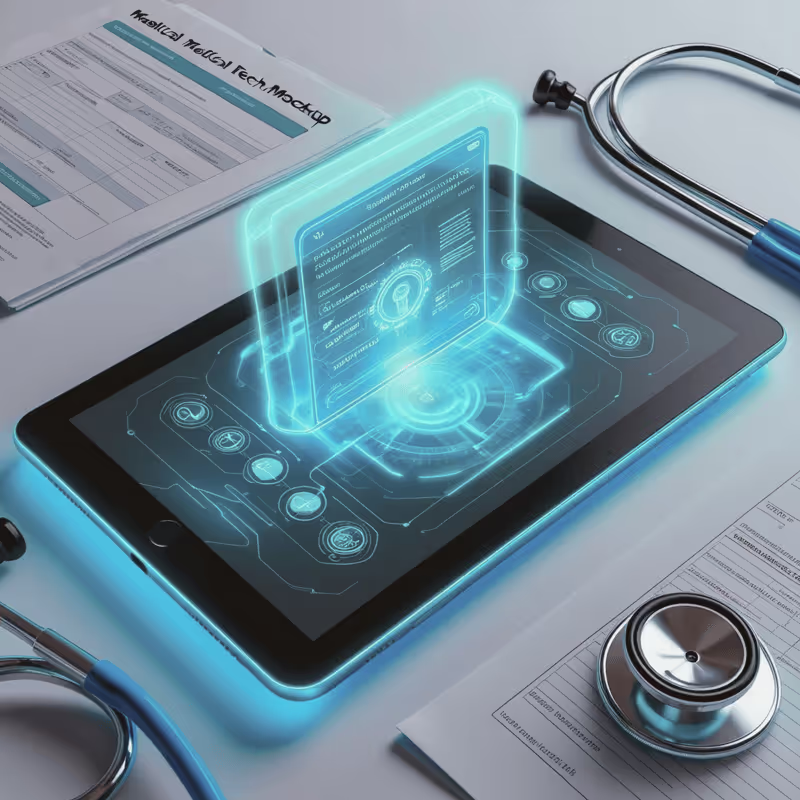

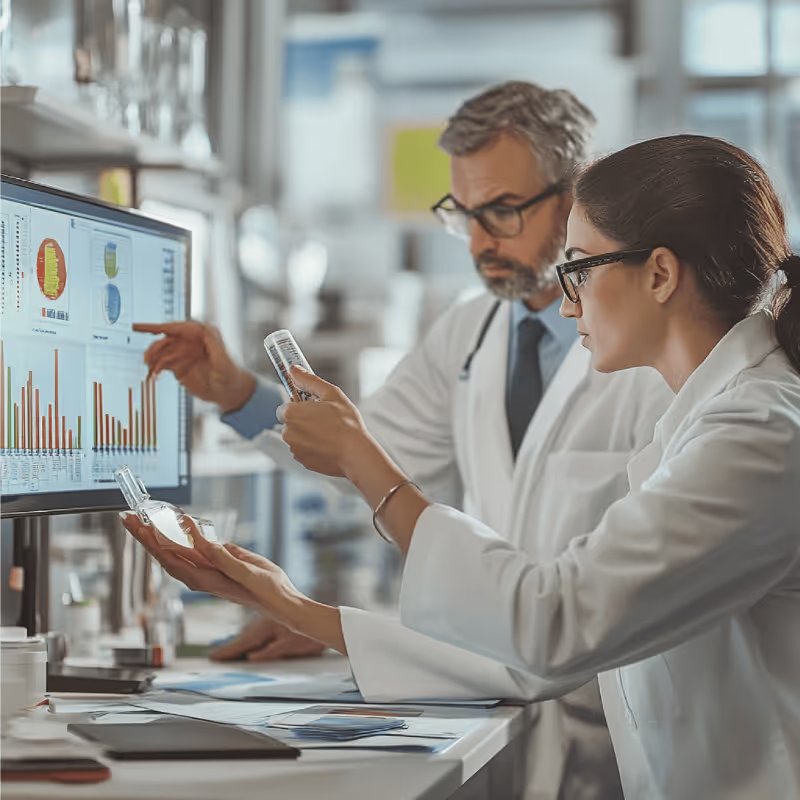
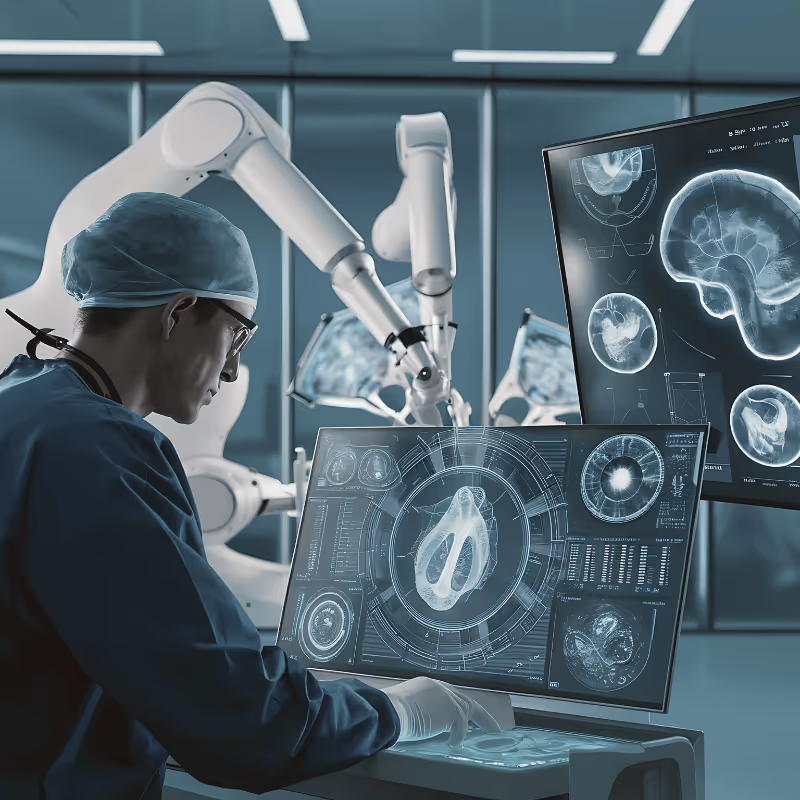









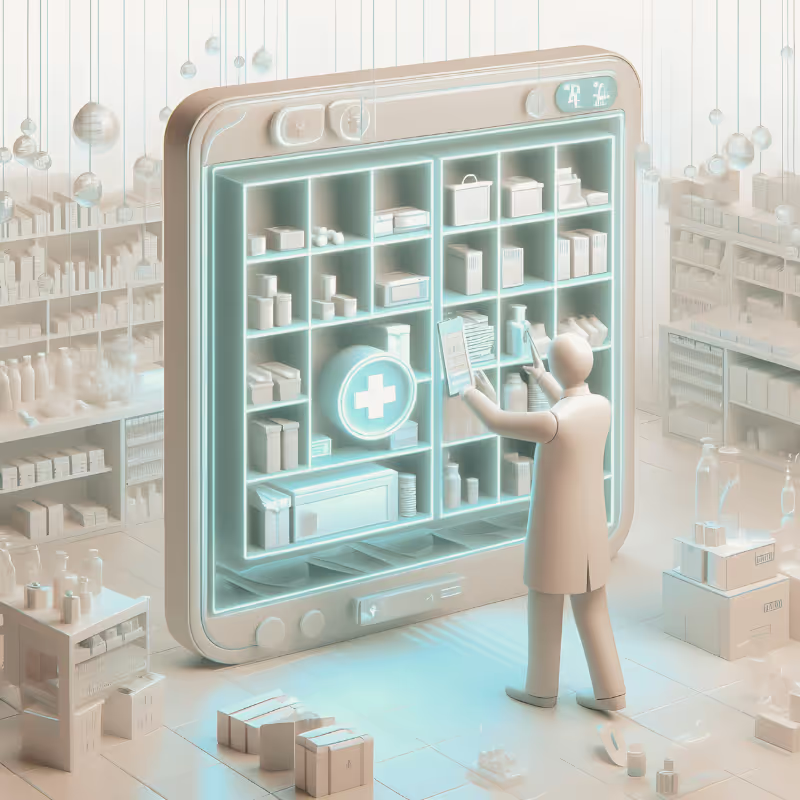





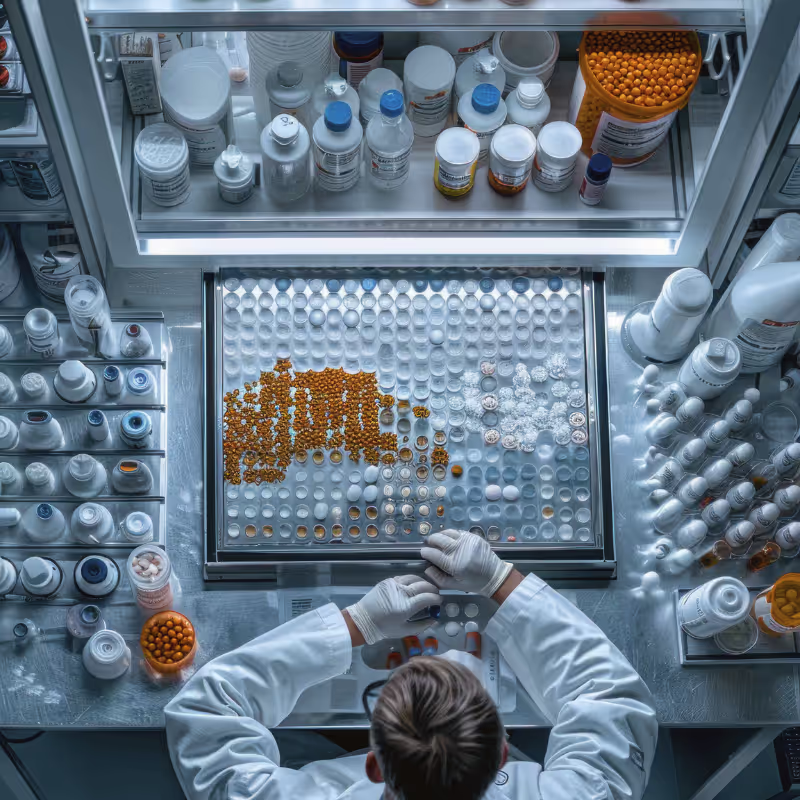
%20(5).avif)
.avif)


